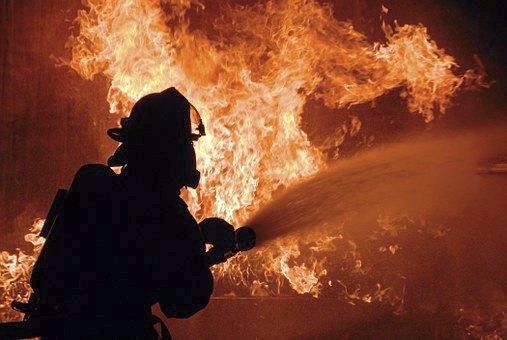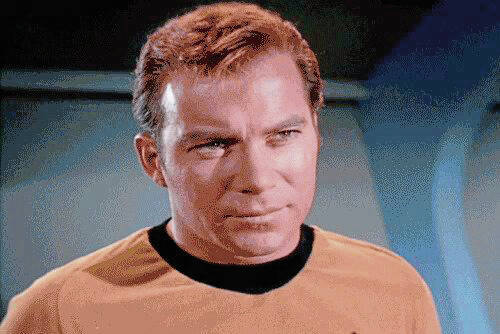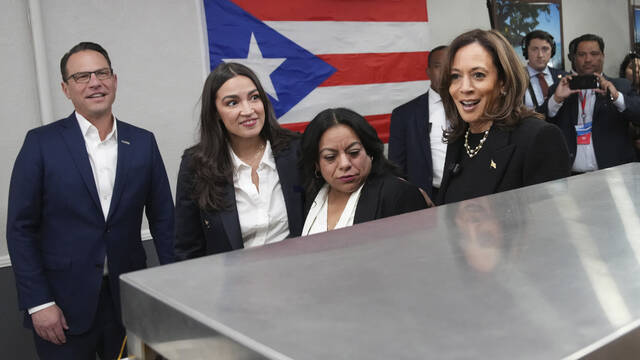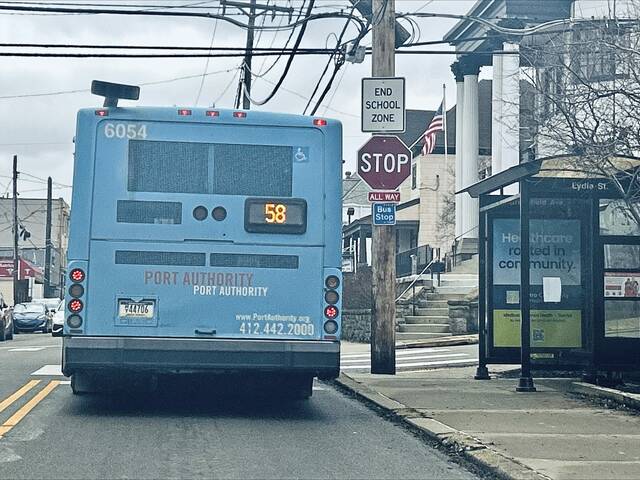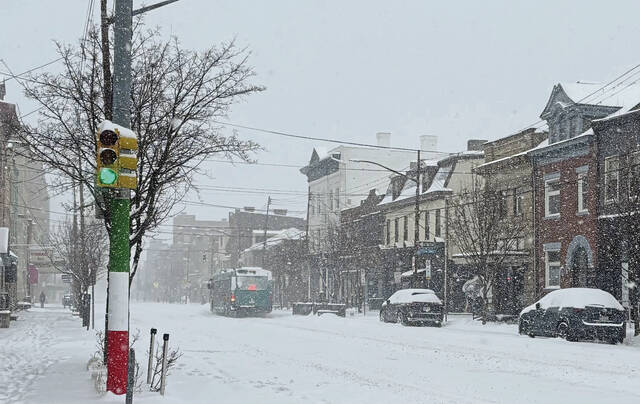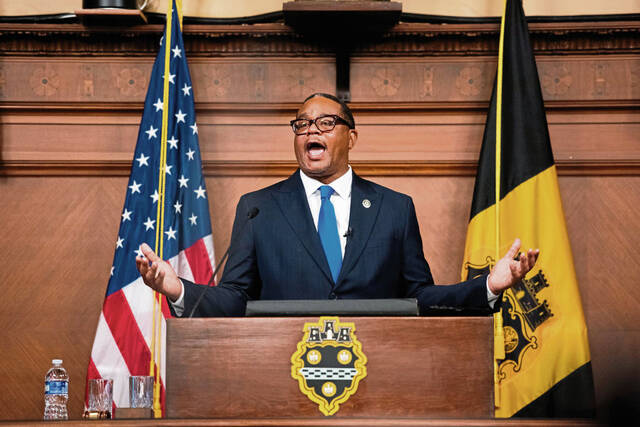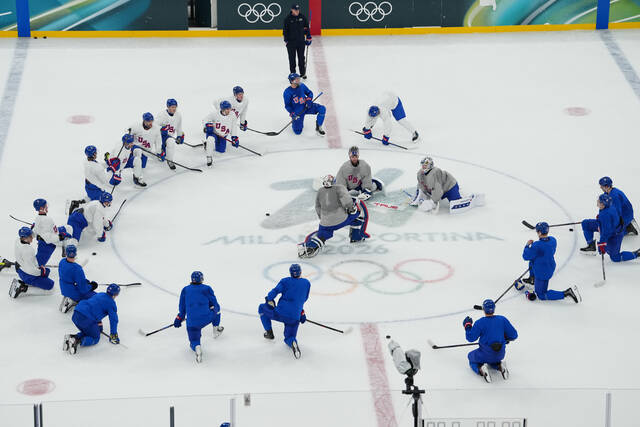Economics grabbed me from the moment I first encountered it as a freshman at Nicholls State University. I remain in awe of economics’ power to explain features of reality that are otherwise inexplicable.
Why, for example, did we Americans in the 1970s waste so many hours waiting in long lines to buy gasoline? Answer: The U.S. government’s price controls on energy caused the quantity of gasoline supplied consistently to fall short of the quantity that we sought to buy. The results were gasoline shortages and queues at filling stations.
Often, what economics reveals is startling.
Each semester at the start of my introductory economics course I ask my students which world they’d prefer to live in: World A, in which paramedics, firefighters and other first responders, as well as school teachers, are paid high salaries, while sports heroes and Hollywood stars are paid low salaries? Or World B, in which paramedics, firefighters and other first responders, as well as school teachers, are paid low salaries, while sports heroes and Hollywood stars are paid high salaries?
Students overwhelmingly answer “World A.”
I then put to my students a second question: Would you prefer to live in a world in which the number of people who can skillfully fight fires and teach children is large but the number of people who can skillfully play sports and act is very tiny, or in a world in which the number of people who can skillfully fight fires and teach children is very tiny but the number of people who can skillfully play sports and act is large?
My students unanimously prefer the world in which there are lots of skilled firefighters and educators and few highly skilled athletes and actors.
It’s my professional duty to explain to my students that their answer to the second question contradicts their answer to the first.
The lower pay of firefighters and school teachers in the real world reflects the happy fact that we’re blessed with a much larger supply of superb firefighters and educators than we are of superb jocks and thespians.
Suppose it were the other way around. We’d then be better entertained with more top-flight sporting events and movies, and that would be grand. Unfortunately, all but the richest amongst us would suffer significantly higher risks of being unable to educate our children and of being killed or severely injured in fires — not such an attractive situation.
Precisely because saving lives and teaching children are indeed far more important on the whole than is entertainment, we are extraordinarily fortunate to live in a world in which the numbers of our fellow human beings who possess the skills and willingness to work as firefighters and as teachers are much greater than are the numbers who can skillfully play sports and act.
Inevitably, a few students resist this conclusion. “It’s just wrong,” they insist, “that firefighters are paid so much less than baseball players!”
I ask these students if they’d favor a government policy of prohibiting anyone born between July 1 and Dec. 31st from ever working as a firefighter. I point out that by making it illegal for half of the labor force to work as firefighters, the government would cause the pay of firefighters to rise.
No student has ever expressed support for such a policy — which means that my students understand that having more firefighters at lower pay is better than having fewer firefighters at higher pay.


